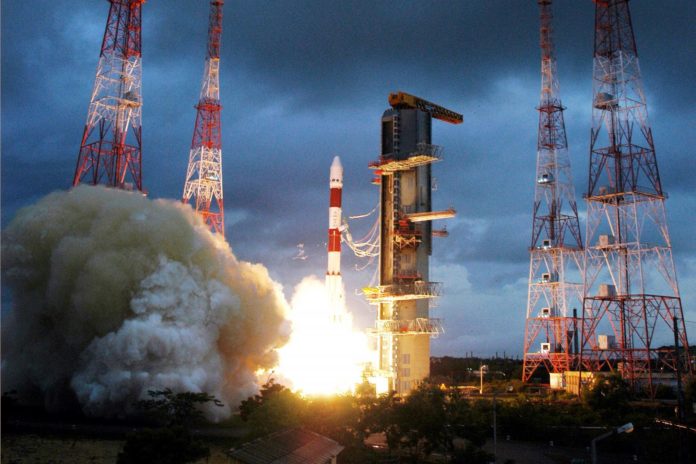ISRO will launch a record 104 satellites through its workhorse rocket PSLV-C37 on February 15 from the Satish Dhawan Space Centre in Sriharikota in Andhra Pradesh, at one go on a single rocket in the first week of February in what will be a major feat not attempted by any country.
“We have tentatively decided to launch the satellites at one go around 9 am into the sun-synchronous orbit, about 500 kms above the earth,” the Indian Space Research Organisation (ISRO) official said.
“We want to make optimum use of our capacity. We are launching our three satellites. One is of 730 kgs while other two are 19 kgs each. We had additional space of 600 kgs. So we decided to accommodate 101 satellites,” ISRO chairman A S Kiran Kumar said.
“Roughly half of our cost will be covered by the foreign satellites we are launching,” he said, without revealing the exact amount ISRO will earn from foreign customers.
As India looks to grab a larger slice of the lucrative commercial space market, 100 of the 103 satellites set for launch by ISRO’s workhorse rocket PSLV-C37 belong to foreign nations, including the US and Germany.India is among the topmost countries in the world in the field of scientific research, positioned as one of the top five nations in the field of space exploration.
Currently 27 satellites including 11 that facilitate the communication network to the country are operational, establishing India’s progress in the space technology domain.
“We are making a century by launching over 100 satellites at one go,” S. Somnath, Director of the Liquid Propulsion Systems Centre of the Indian Space Research Organisation (ISRO).
The launch will be a major feat in country’s space history as no exercise on this scale has been attempted before.The highest number of satellites launched in a single mission is 37, a record that Russia set in 2014.
“These will be 100 micro-small satellites, which will be launched using a PSLV (Polar Satellite Launch Vehicle)-C37. The weight of the payload will be 1350 kgs, of which 500-600 kgs will be the satellite’s weight,” Mr. Somnath added.
The Indian satellites are from the Cartosat series.

























